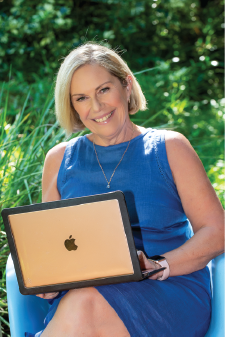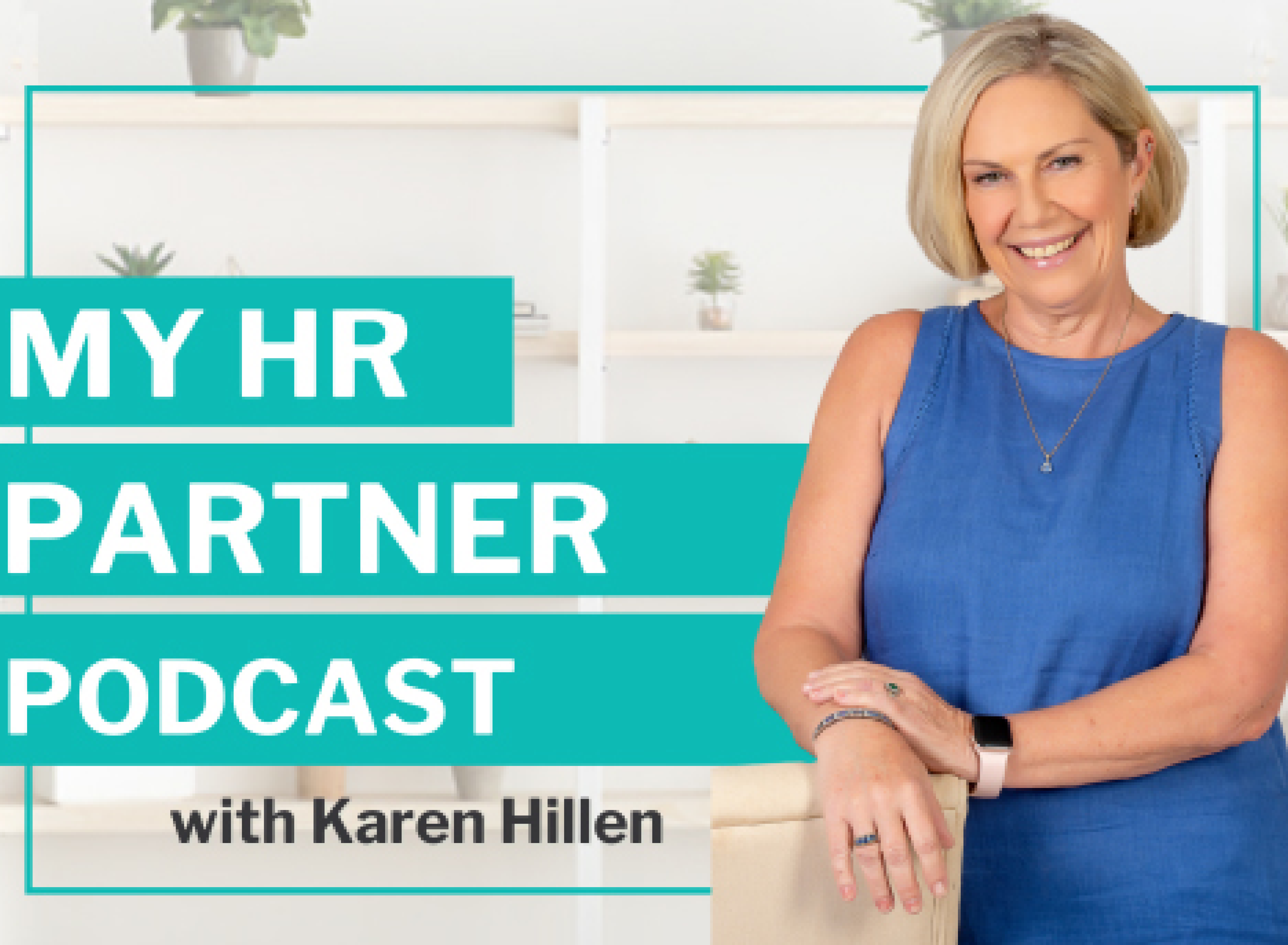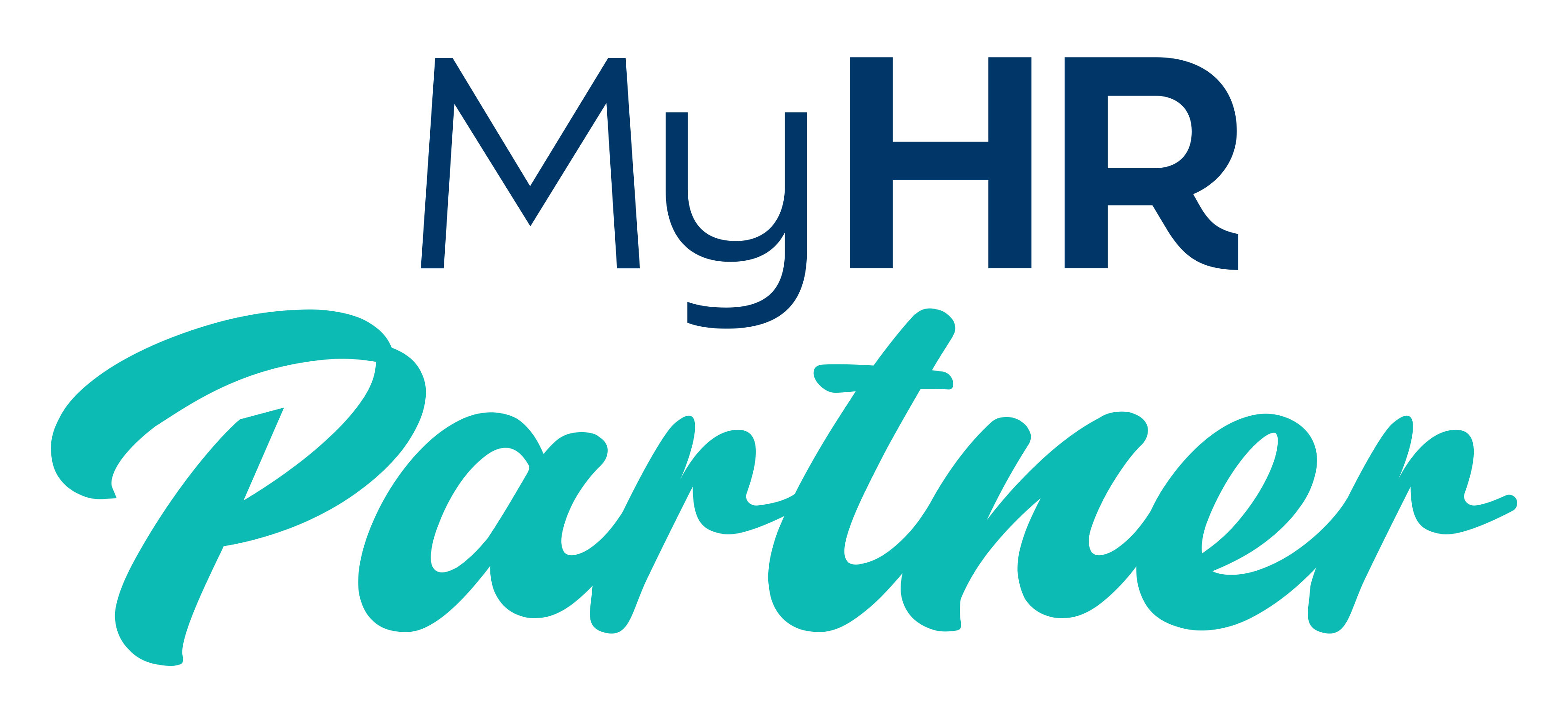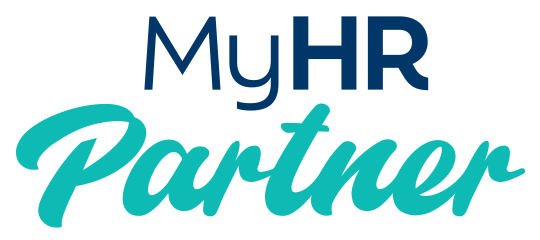Welcome to My HR Partner
Focus on running your business
We’ll handle the people side with care, clarity and confidence.
When you’ve got a great team, you’ve got something special. But managing their needs, HR compliance obligations and growth can quickly become a drain on your time, energy and focus. That’s where we step in. At My HR Partner, we help you feel confident in your people-management so you can attract and retain the right people, reduce the risk of costly HR mistakes, create a workplace where your team shows up ready to do their best — and you’re running your business instead of fighting fires.
You deserve an HR partner who gets it, who knows the rhythm of a business, values your time, and speaks your language (no HR-jargon, just plain English). With over 30 years of expertise in HR and a strong belief in kind, fair, productive workplaces, we bring both strategic clarity and genuine care.
Because when your people thrive, your business thrives — and you reclaim your focus.

Ready to reclaim your focus and build a people-powered business?
Book a free introductory call - let’s talk about what you’re aiming for, and how we can help you get there.
You’re not just buying a service
You’re gaining a partner who cares about your people, your growth, and doing HR the right way.
Let’s make it easier, together.
Welcome to My HR Partner
At My HR Partner, we understand that great employees are the cornerstone of a great business. That’s why we offer comprehensive HR services, tailored to empower your business with the tools and strategies needed for growth. We specialise in working with employee-focused professional service providers, managing those challenging HR issues that arise so you can focus on your core business activities with confidence.
We ensure that your HR policies, processes, & employment contracts are up-to-date and relevant to your business. By doing so, we help you maintain a workforce that is both competent and passionately engaged in your business vision.
At My HR Partner, we are committed to providing you with the HR support you need to thrive. Let us help you manage your most valuable asset – your people.
Karen Hillen is an experienced Human Resources specialist with over 30 years of expertise in the field. She curates the My HR Partner HR Hub which is a valuable resource for businesses covering various aspects of HR, including starting and ending employment, compliance, payroll, employee performance, WHS and more.
Her extensive experience in HR makes her a sought-after advisor and partner for businesses.


HR Advice
HR When you need it
Get expert guidance exactly when you need it: one-off, on the spot, tailored to your business. So you can stop guessing and start acting with confidence.
You can book in for a call when you need it.

HR Hub
Unlock HR Resources
Unlock 24/7 access to templates, checklists, masterclasses, & Q&A sessions. Save time. Stay ahead of changes. Build your HR foundation without reinventing the wheel.

HR Policies
Your Guide to HR Policies
Secure your business with clear policies built for your culture. Reduce risk, set expectations, and build a workplace where people know the game and play it well.

Employment Contracts
Get your contracts created for you
Secure your business with smart contracts built for your culture. Reduce risk, set expectations, and build a workplace where people know the game and play it well.

On Demand HR
Your Virtual HR Manager
Let us become your trusted HR teammate. The heavy lifting of policies, contracts, compliance and people strategy gets handled — you stay in charge of growth.

Free Resources & FAQs
Free Resources & What People Ask Us Most
We've got links to Modern Awards, Pay Guides and more.
We have also compiled answers to the most common queries to help you quickly find the information you need.
Our Latest Blog Post

Flexible Work - The Questions Every Small Business Owner are Asking
Flexible Work - The Questions Every Small Business Owner are Asking
“How do I balance remote and hybrid work expectations with productivity and accountability?”
It’s the HR challenge of the moment.
Staff want flexibility.
Employers want results.
There is a possibility saying no to flexibility could mean saying goodbye to good people. Of course, there are some positions where flexible working and working from home is just not possible.
This guide is written for small business owners in Australia who are wrestling with this balance.
Why Hybrid Work Matters Now
Employee demand: Flexibility is now seen as a standard benefit, not a perk.
Retention and attraction: Workers are more likely to join or stay with businesses that offer hybrid options.
Productivity potential: When managed well, remote work can actually increase focus and reduce burnout.
But too much flexibility without structure might cause communication breakdowns, accountability issues, and can affect team culture. So having the right systems and structure in place is important.
Setting the Right Guardrails
Every business will find its own balance, and of course there are businesses where a hybrid model won’t work. Like everything in HR, the key is communication, clarity and consistency.
Here’s some guidance on what can work:
1. Define Expectations Clearly
Create a hybrid work/flexibility policy. It doesn’t have to be long, one or two pages covering things like which roles are eligible, how many days employees can work remotely, and expectations around availability.
Be clear on when the team needs to be together in the office (e.g. Mondays for planning, Thursdays for client meetings).
2. Focus on Output, Not Hours
It may be an option to measure work by results achieved, not by how many hours someone’s online.
Agree on KPIs or milestones that matter to the role — projects delivered, clients served, sales achieved.
3. Keep Communication Human
Use simple tools but set communication expectations: response times, meeting etiquette, and which channels to use for what.
Encourage regular check-ins that feel like support, not surveillance.
4. Protect Team Culture
Bring the team together regularly even if it’s just one or two days a week. Each business will be different.
Invest in small rituals that make people feel part of something (check in meetings at the beginning of the week, shared lunches, team get togethers, end-of-week wins).
5. Support Wellbeing
Hybrid can blur boundaries. Encourage people to actually switch off. For example, don't set up an expectation that an employee is still logged on or available outside of their working hours.
Model healthy behaviour: if you respect the Right to Disconnect, your team will too.
Quick Wins for Small Business Owners
Start with a pilot: test a 2 to 3 month hybrid setup and review. Make it clear that it's a trial.
Ask your team for input. Often, they’ll suggest practical compromises.
Document your policy so everyone knows the rules.
“What is the best hybrid work model for small businesses?” → The best model is one that balances flexibility with clear expectations, focusing on outputs rather than hours. And the best model is going to be the one that works for your business.
“How do I manage remote work productivity?” → Set clear KPIs, use regular check-ins, and build trust instead of relying on micromanagement tools.
“Do I need a hybrid work policy in Australia?” → Yes. Even a simple one-page policy helps set expectations, reduce risk, and comply with Fair Work guidance.
Final Word
Hybrid or flexible work doesn’t have to be a headache. With a clear policy, a focus on results, and a human approach to culture, businesses in Australia can enjoy the best of both worlds - flexibility for staff, productivity for the business.
👉 Next step: Need a tailored hybrid work policy for your business? My HR Partner can help you draft one that fits your size, industry, and compliance needs.
We provide HR advice and support. We have trusted partners to assist with any employment law issues
outside of our scope.
More info

Get HR Advice from our HR expert

HR Advice
HR When you need it
Karen’s advice is always tailored
to meet the unique needs and objectives of your business. Her ability to blend empathy with professionalism makes her an invaluable asset in helping you with your HR questions.
You can book in for a call when
you need it.

HR Hub
Unlock HR Resources
Join our exclusive community & gain access to resources, tools, & ongoing HR support.
You’ll have access to our invaluable resources 24/7 AND the opportunity to tap into support via our Q&A sessions, masterclasses & webinars.
Get up to date links to valuable HR information, Awards, Award
pay guides, compliance documents, templates, checklists, and info sheets.

HR Policies
Your Guide to HR Policies
Customised, up-to-date HR policies are crucial for your business. We help you develop & implement clear, effective HR policies that align with your values.
Our approach is designed to
a positive work environment &
minimise risks.

Employment Contracts
Get your contracts created for you
Secure your business and your people with professionally crafted HR contracts.
We provide thorough and compliant employment contract solutions tailored to your business needs.

On Demand HR
Your Virtual HR Manager
Customised, up-to-date HR policies are crucial for your business. We help you develop & implement clear, effective HR policies that align with your values.
Our approach is designed to
create a positive work environment
& minimise risks.

Podcast
Simplifying HR Management - One
episode at a time
Talking all things HR to help you make sure you are dotting the "i"s and crossing the "t"s ensuring you have everything in place to ensure a thriving business with happy employees.
Our Latest Blog Post

Flexible Work - The Questions Every Small Business Owner are Asking
Flexible Work - The Questions Every Small Business Owner are Asking
“How do I balance remote and hybrid work expectations with productivity and accountability?”
It’s the HR challenge of the moment.
Staff want flexibility.
Employers want results.
There is a possibility saying no to flexibility could mean saying goodbye to good people. Of course, there are some positions where flexible working and working from home is just not possible.
This guide is written for small business owners in Australia who are wrestling with this balance.
Why Hybrid Work Matters Now
Employee demand: Flexibility is now seen as a standard benefit, not a perk.
Retention and attraction: Workers are more likely to join or stay with businesses that offer hybrid options.
Productivity potential: When managed well, remote work can actually increase focus and reduce burnout.
But too much flexibility without structure might cause communication breakdowns, accountability issues, and can affect team culture. So having the right systems and structure in place is important.
Setting the Right Guardrails
Every business will find its own balance, and of course there are businesses where a hybrid model won’t work. Like everything in HR, the key is communication, clarity and consistency.
Here’s some guidance on what can work:
1. Define Expectations Clearly
Create a hybrid work/flexibility policy. It doesn’t have to be long, one or two pages covering things like which roles are eligible, how many days employees can work remotely, and expectations around availability.
Be clear on when the team needs to be together in the office (e.g. Mondays for planning, Thursdays for client meetings).
2. Focus on Output, Not Hours
It may be an option to measure work by results achieved, not by how many hours someone’s online.
Agree on KPIs or milestones that matter to the role — projects delivered, clients served, sales achieved.
3. Keep Communication Human
Use simple tools but set communication expectations: response times, meeting etiquette, and which channels to use for what.
Encourage regular check-ins that feel like support, not surveillance.
4. Protect Team Culture
Bring the team together regularly even if it’s just one or two days a week. Each business will be different.
Invest in small rituals that make people feel part of something (check in meetings at the beginning of the week, shared lunches, team get togethers, end-of-week wins).
5. Support Wellbeing
Hybrid can blur boundaries. Encourage people to actually switch off. For example, don't set up an expectation that an employee is still logged on or available outside of their working hours.
Model healthy behaviour: if you respect the Right to Disconnect, your team will too.
Quick Wins for Small Business Owners
Start with a pilot: test a 2 to 3 month hybrid setup and review. Make it clear that it's a trial.
Ask your team for input. Often, they’ll suggest practical compromises.
Document your policy so everyone knows the rules.
“What is the best hybrid work model for small businesses?” → The best model is one that balances flexibility with clear expectations, focusing on outputs rather than hours. And the best model is going to be the one that works for your business.
“How do I manage remote work productivity?” → Set clear KPIs, use regular check-ins, and build trust instead of relying on micromanagement tools.
“Do I need a hybrid work policy in Australia?” → Yes. Even a simple one-page policy helps set expectations, reduce risk, and comply with Fair Work guidance.
Final Word
Hybrid or flexible work doesn’t have to be a headache. With a clear policy, a focus on results, and a human approach to culture, businesses in Australia can enjoy the best of both worlds - flexibility for staff, productivity for the business.
👉 Next step: Need a tailored hybrid work policy for your business? My HR Partner can help you draft one that fits your size, industry, and compliance needs.
We provide HR advice and support.
We have trusted partners to assist with
any employment law issues outside
of our scope.
More info
PO Box 1079
Coolangatta QLD 4225
ABN 30 644 527 015
Get HR Advice from our HR expert








